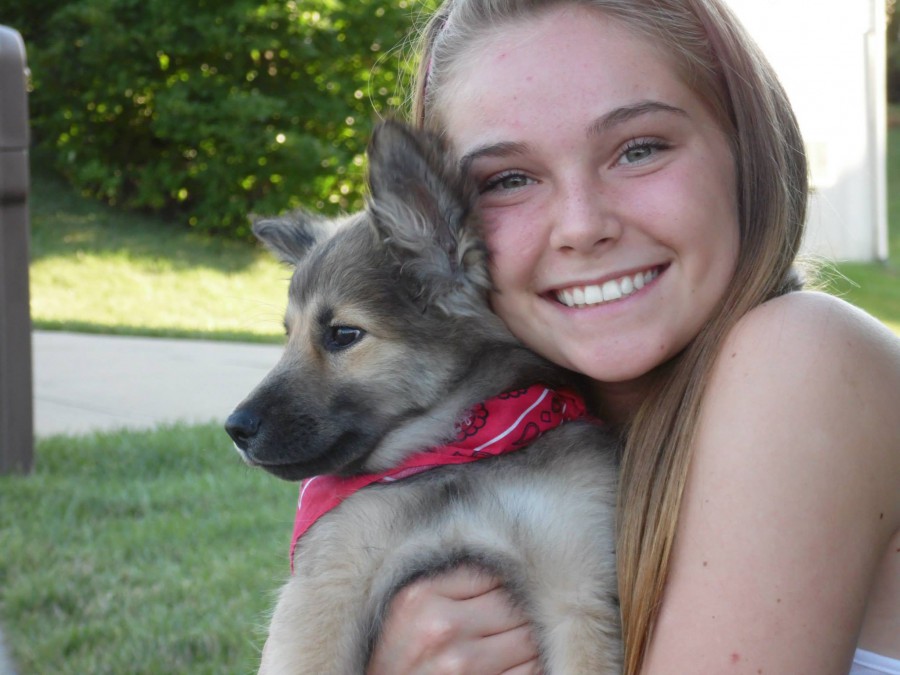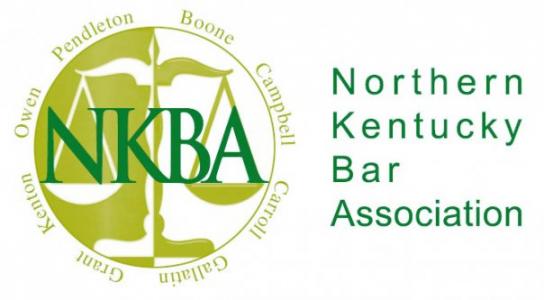Blog
Estate Planning Involving Pets

In Kentucky and Ohio, as well as other states, pets are considered personal property. To owners, pets are often best friends and companions.
When preparing for the estate planning process we often think of assets in terms of wealth or real estate. In addition to these assets, pet owners are very concerned about providing for their dearly loved pets. While well-meaning friends and relatives may promise they will care for your pets should something happen, circumstances can sometimes get in the way of keeping those promises (allergies, conflicts with other pets in a home, job loss, etc.). Sometimes, there is no family to assist in the care of your pets.
Legal Documents Available for your Pet’s Care
Last Will & Testament. A Will is valid only after your death. The purpose of the Will is to distribute your property as you desire. However, just because you bequeath your beloved dog to Cousin Joe; it doesn’t mean your dog will be adequately cared for. Consider the following pitfalls of a Will:
- Care instructions in a Will are not legally enforceable unless a testamentary trust is created. The purpose of a Will is to disburse property. Joe gets the car and your dog. Wills cannot enforce the demand that every week Joe will wash the car he now owns; likewise, Wills cannot demand Joe care for the dog.
- Wills are not enacted immediately upon death. Accordingly, property does not change hands immediately. Who will care for your pet in the interim?
- Wills do not allow disbursement over a pet’s lifetime. In a Will, the new pet owner cannot distribute funds over time for the pet’s needs unless specifically directed to.
- Wills do not address the possibility that the pet may need to be cared for during the owner’s lifetime due to illness or incapacity.
- Will provisions leaving funds to care for your pet are “honorary.” The person who receives the funds left for the care of your pet chooses how to utilize those funds. There is nothing to prohibit them from using the funds toward something other than pet care.
A simple way to deal with these issues is through the use of a trust for your pet.
Pet Trust. A Pet Trust provides additional protection and advantages above the Will in that it enlists a trustee who distributes funds and ensures that the Pet Guardian you designate to care for your pet follows your instructions. Consider the following:
- Though widely accepted prior to the adoption of the UTC, Pet Trusts are now explicitly permitted in Kentucky. KRS §386B.4-080.
- Pet Trusts are valid during Pet Owner’s life (in cases of incapacity) and after death.
- Pet Trusts help in situations where there are substantially involved estates or in cases where the probate process is prolonged.
- Pet Trusts control the proper disbursement of funds for the benefit of the pet.
- Pet Trusts allow someone to invest your funds for future use in the care for your pet.
- Pet Trusts can request that you and your pets remain together if you move to a nursing home or other long-term care facility.
- With a Pet Trust, you may leave a portion of the funds remaining after the pet’s death to the facilities that kept the owner and pet together.
Key Items to Ask Yourself in Setting up a Pet Trust
Pet Owner. Clearly establish who the Pet Owner is, especially because pets are legally classified as property. Copies of all Pet Trusts should be distributed to everyone who signed them, as well as those who are only mentioned in them (such as groomers, veterinarians, boarders, trainers, and walkers).
Pet’s Detailed Description. Identifying your pet in detail is critically important to prevent a Pet Guardian from replacing the original pet in order to illegally extend trust distributions or benefits. Include identifying information and photographs.
Instructions for Care. Make sure you leave detailed instructions for your pet’s care, including consideration for transition to the new owner and the professionals, groomers, trainers, boarders, etc. that your pet is accustomed.
Keeping Pets Together. If you desire to keep pets together because they were raised together or have otherwise bonded, make sure to include this instructions in the Pet Trust. It will not happen automatically. The ability to keep pets together could have a significant impact on your choice of Pet Guardian.
Including all Present and Future Pets. Including the term “all my pets I may now own, or own at the time of my death” will save time and effort in having to formally amend your documents every time a pet passes away or a new pet comes into your family.
Pet Guardian(s). The Pet Guardian can be a person or an organization. The Pet Guardian will keep the pets and must carry out the Pet Owner’s instructions. If a pet organization assumes this role, the Pet Trust should include directions about adoption.
Successor/Alternate Pet Guardian(s). There should always be a Successor Pet Guardian selected (remember, sometimes life circumstances get in the way). This is to ensure care if the Pet Guardian is unwilling or unable to assume care for the surviving pet. In event the pet outlives the Pet Guardian and Successor Pet Guardian, a shelter, sanctuary, or breed rescue of “last resort” should be named. Typically, shelters and sanctuaries require a fee which should be factored into how much funding is left.
Note: Funding is optional but strongly encouraged for the care of your pet. Funding can be a fixed amount or a percentage (consider proceeds of an insurance policy, a bank account, a 401(k), or even a portion of the sale of a home).
The same person or organization named as the Pet Guardian can also be in charge of the funds. However, appointing a different person or organization to each role creates a system of checks and balances to further protect your pet.
Factors to consider when deciding how much funding to leave for your pet’s care:
- Pets are more expensive as they age.
- How many pets are included?
- What type of pets are they?
- How long are they expected to live?
- Do the pets have special needs?
- Does the Pet Guardian need certain funds to keep pets in the manner to which they are accustomed?
- Is the Pet Guardian going to be compensated and how often?
Remainder Beneficiaries. The vast majority of Pet Owners leave the remaining funds after the pets’ death to animal charities and/or to family and friends. It is important to direct the distribution of all funds remaining in the Pet Trust or Will so the probate court need not become involved.
Final Thoughts
While thought of leaving man’s best friend behind can be painful, there is security for your pets, and peace of mind for you, in knowing your beloved family members will be properly cared for.
Please feel free to contact Michael K. Ruberg at (859) 344-6341 or mruberg@ortlaw.com for further assistance with a Will and/or Pet Trust.







